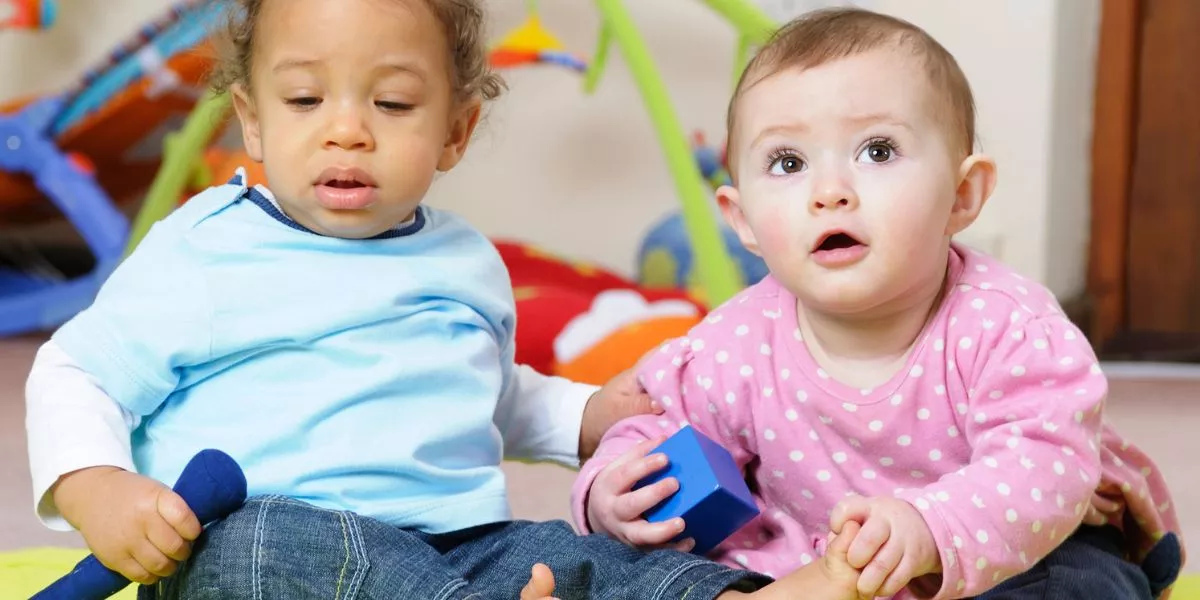To enhance your baby's social interaction, opt for interactive toys like plush toys with music and lights, colorful blocks for motor skills, or musical instruments for creativity. These toys encourage communication and engagement with others, stimulating social skills development early on. By incorporating these interactive toys into playtime, you can help nurture your baby's ability to interact and communicate effectively with those around them, facilitating a positive social experience.
Benefits of Interactive Toys
When choosing toys for your baby, opting for interactive ones can significantly enhance their cognitive development. Interactive toys engage your baby's senses, encouraging them to explore, learn, and problem-solve. These toys stimulate various areas of your baby's brain, promoting neural connections that are crucial for their overall development. By interacting with these toys, your baby can improve their hand-eye coordination as they grasp, touch, and manipulate different objects.
Moreover, interactive toys can also foster social skills in your baby. When playing with these toys, your baby learns the basics of social interaction, such as taking turns and sharing. This early exposure to social scenarios can help them develop important communication skills and empathy. Additionally, interactive toys often incorporate music, sounds, and lights, which can capture your baby's attention and enhance their auditory and visual senses. Overall, incorporating interactive toys into your baby's playtime can provide numerous benefits that support their growth and development.
Types of Interactive Toys
For parents seeking interactive toys for their babies, exploring a variety of options can enhance sensory stimulation and cognitive development. Interactive toys come in different forms to cater to various developmental needs. One common type is sensory toys, such as textured balls or soft fabric books, which help babies explore different textures and stimulate their sense of touch. These toys can also aid in developing fine motor skills.
Another type of interactive toy is cause-and-effect toys, like musical instruments or pop-up toys, that allow babies to understand the relationship between their actions and the toy's response. These toys can promote cognitive development and problem-solving skills. Additionally, pretend play toys, such as toy phones or cooking sets, encourage imaginative play and social interaction as babies mimic adult behaviors.
Educational toys, like shape sorters or stacking cups, help babies learn basic concepts such as shapes, colors, and sizes. These toys can foster cognitive development and early learning skills. When selecting interactive toys for your baby, consider their age, interests, and developmental stage to provide the most beneficial play experiences.
Factors to Consider
Consider your baby's age, interests, and developmental stage when evaluating which interactive toys will best suit their needs. Babies at different stages of development have varying needs and abilities.
For newborns to three-month-olds, toys with contrasting colors, soft textures, and gentle sounds are ideal.
As your baby grows and becomes more curious, toys that encourage exploration, such as those with different shapes to grasp or bright colors to capture their attention, become more suitable.
By around six months, babies start to develop hand-eye coordination, making toys with buttons to press or objects to manipulate beneficial.
As your baby approaches their first birthday, toys that promote problem-solving skills, imaginative play, and social interaction become more engaging.
Keep in mind your baby's preferences too; some babies may prefer musical toys, while others may enjoy toys that encourage movement or cause and effect play.
Tailoring interactive toys to your baby's unique characteristics can enhance their playtime and overall development.
Top Recommended Interactive Toys
Exploring a variety of interactive toys can greatly benefit your baby's development and playtime experience. When choosing interactive toys for your little one, consider options that stimulate different senses and encourage social interaction. One highly recommended toy is a set of colorful and textured blocks that can help improve your baby's fine motor skills and hand-eye coordination. Additionally, interactive plush toys with music and lights can provide sensory stimulation and promote auditory and visual development.
Another fantastic choice is a baby activity gym with various hanging toys and mirrors. This type of toy encourages your baby to reach, grasp, and explore while lying on their back, fostering physical development and spatial awareness. Furthermore, interactive books with flaps, textures, and sound effects are excellent for engaging your baby's senses and promoting early literacy skills.
Lastly, musical instruments like toy drums or xylophones can introduce your baby to different sounds and rhythms, encouraging a sense of rhythm and creativity. Remember to supervise your baby during playtime with these toys to ensure a safe and enjoyable experience.
Tips for Maximizing Social Interaction
To enhance your baby's social interaction skills, engage in interactive playtime activities that involve turn-taking and sharing. Encouraging your little one to participate in games like peek-a-boo or passing a toy back and forth can help them understand the concept of taking turns and sharing with others. These foundational social skills are crucial for building strong relationships later in life.
Another tip for maximizing social interaction is to join playgroups or classes specifically designed for babies. These settings provide a great opportunity for your child to interact with peers, practice social skills, and learn through observation. Additionally, attending these groups can also be beneficial for parents, as they get to connect with other caregivers and share experiences.
Furthermore, incorporating books and toys that feature diverse characters and scenarios can help broaden your baby's understanding of the world around them, promoting empathy and acceptance of others. By exposing your little one to different perspectives from an early age, you can nurture their social awareness and encourage positive interactions with people from various backgrounds.

